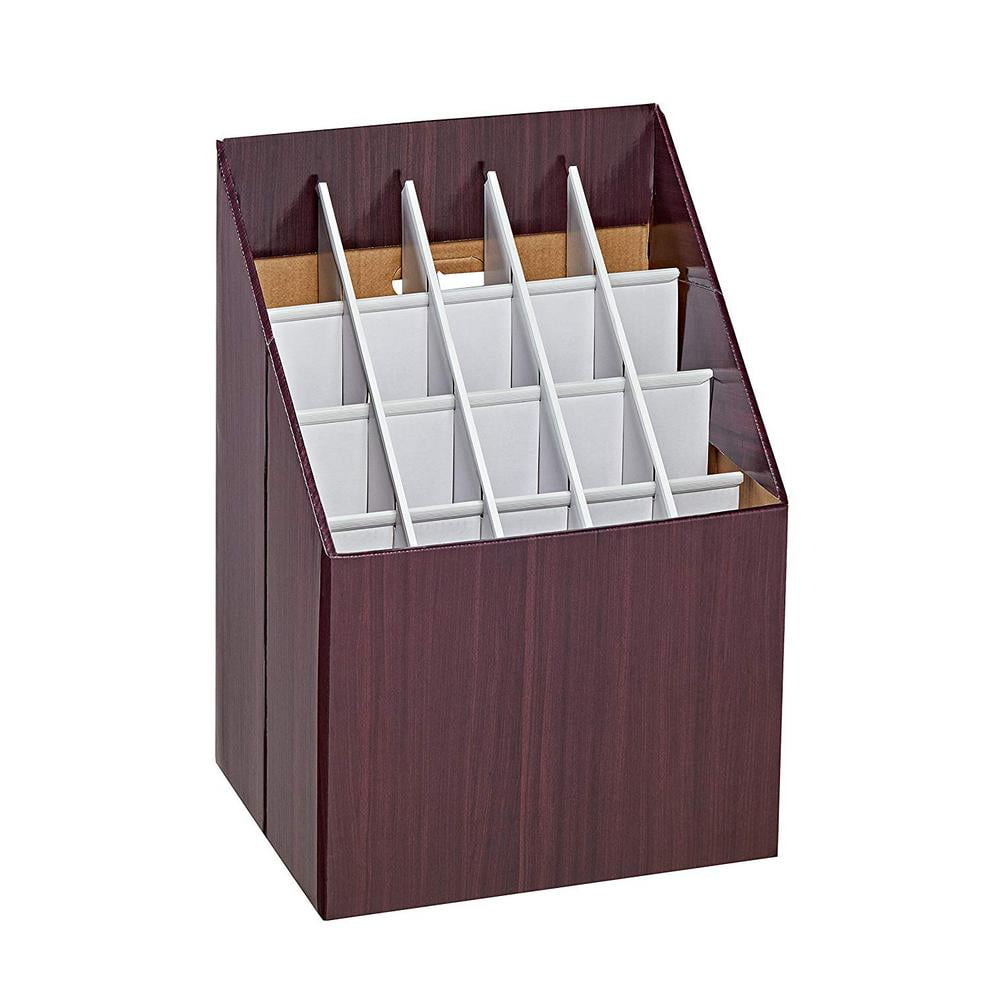


#BLUEPRINT STORAGE HOW TO#
To learn how to check the encryption status of a blob, see Check the encryption status of a blob.įor more information about the cryptographic modules underlying Azure Storage encryption, see Cryptography API: Next Generation.įor information about encryption and key management for Azure managed disks, see Server-side encryption of Azure managed disks. To force the encryption of a blob that was created before October 20, 2017, you can rewrite the blob. Blobs created prior to this date continue to be encrypted by a background process. There is no additional cost for Azure Storage encryption.Įvery block blob, append blob, or page blob that was written to Azure Storage after Octois encrypted. All Azure Storage resources are encrypted, including blobs, disks, files, queues, and tables. All Azure Storage redundancy options support encryption, and all data in both the primary and secondary regions is encrypted when geo-replication is enabled.
#BLUEPRINT STORAGE ARCHIVE#
All blobs in the archive tier are also encrypted.
#BLUEPRINT STORAGE CODE#
Because your data is secured by default, you don't need to modify your code or applications to take advantage of Azure Storage encryption.ĭata in a storage account is encrypted regardless of performance tier (standard or premium), access tier (hot or cool), or deployment model (Azure Resource Manager or classic). Azure Storage encryption cannot be disabled. Azure Storage encryption is similar to BitLocker encryption on Windows.Īzure Storage encryption is enabled for all storage accounts, including both Resource Manager and classic storage accounts. About Azure Storage service-side encryptionĭata in Azure Storage is encrypted and decrypted transparently using 256-bit AES encryption, one of the strongest block ciphers available, and is FIPS 140-2 compliant. For more information, see Client-side encryption for blobs and queues. However, the Azure Storage client libraries for Blob Storage and Queue Storage also provide client-side encryption for customers who need to encrypt data on the client.


Microsoft recommends using service-side encryption to protect your data for most scenarios. Azure Storage encryption protects your data and to help you to meet your organizational security and compliance commitments. Azure Storage uses service-side encryption (SSE) to automatically encrypt your data when it is persisted to the cloud.


 0 kommentar(er)
0 kommentar(er)
